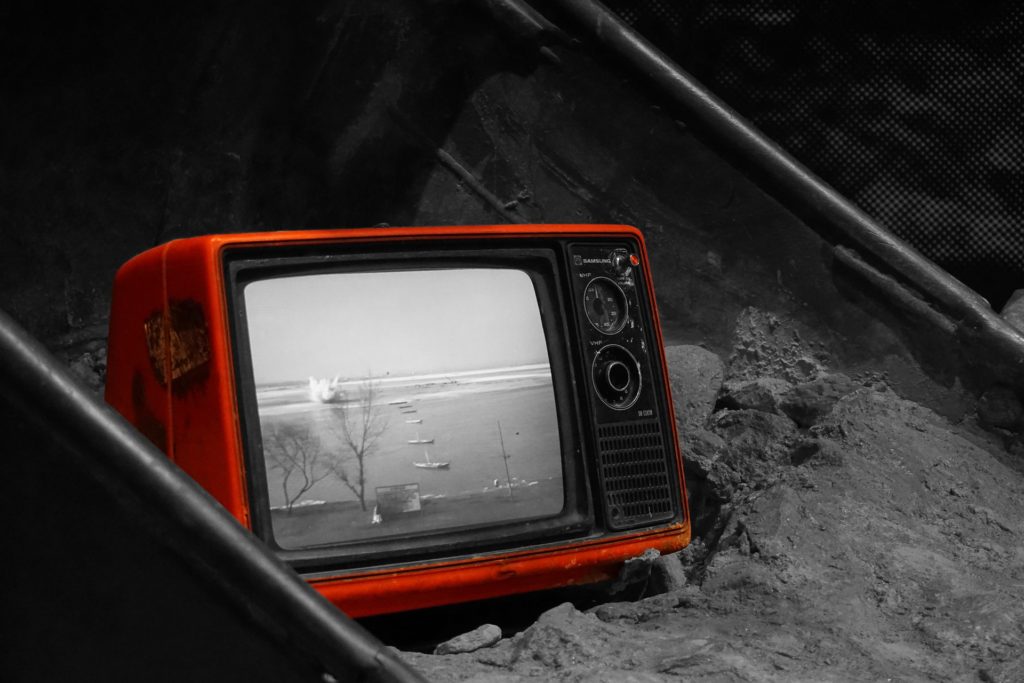Should I Hire an Advertising Agency?
“Should I hire an advertising agency?” This question eventually comes to every owner of a growing, successful business. To effectively answer it, you must have a heart-to-heart with yourself, asking some tough questions in order to determine the answer.
Do I have the time to manage the advertising of my business?
This is probably the main reason that most companies eventually hire an ad agency. As an owner or principal in a company, you’ve got a lot of balls in the air. There isn’t enough time in your day to get to everything. Eventually things have to take priority, and these are generally things that have to do with managing the day-to-day functions of the business, not the promotion of the business. So comprehensive advertising strategy gets pushed to the side.
Can I come up with effective advertising messages?
You know your business better than anyone. But maybe you know it too well. Meaning, you speak the industry language all day long, but perhaps your customers aren’t as familiar as you are with the lingo. Hiring an outside company that can look at your business with a fresh perspective can pay dividends. They can create ad campaigns that talk the customer’s talk and zero in on what the customer is looking for.
Am I spending my company’s advertising budget as wisely as I should be?
Business owners get involved in advertising for their firm in the classic, referral way. That is, an industry colleague or fellow business owner you’ve spoken with said they had good results using X type of advertising. Following that advice, you’ve sunk your budget into that media, perhaps to the exclusion of other formats. If you’re having enormous success using this format, great. You may have hit gold on the first try. But an advertising agency can do a great job of looking at all potential advertising possibilities. For instance, they may know of a particular sponsorship opportunity that is perfectly matched for your firm. Most likely, you would not know of this potential if left to finding it yourself.
Am I getting the best deals when buying and placing media?
Not to stereotype too badly, but sales people for television and radio stations as well as other media can be pretty slick. Their job is to make you feel good about spending enormous sums on buys at card rate prices. You think you’re getting a good deal, but in reality you may not be. Advertising agencies know a few secrets about media buying. First, they know that everything is negotiable. You may be told that the media is sold out, but the fact is, this is almost never true. They also know to buy advertising based on ratings, not programs. A TV or radio rep may try to convince you that you need place during a particular program. This may be a good spot, but what are the ratings, demographics, etc.? They may just be trying to fill ad space.
Am I getting enough out of my in-house staff?
You may have a marketing director and staff that handles your advertising plan. How’s that working? A marketing staff can be good for a lot of things, but managing an advertising program may not be one of them. Instead, have your marketing department create a marketing plan and budget that includes hiring an experienced advertising agency—one with expertise in your niche and community—to handle the intricacies of advertising. This way your marketing team can focus on what it does best.
In the long run, your goal is to continue growing your business and its brand awareness. By taking a hard look at what you can and cannot do to promote it, you’ll be in a better position to understand which direction you need to go.


